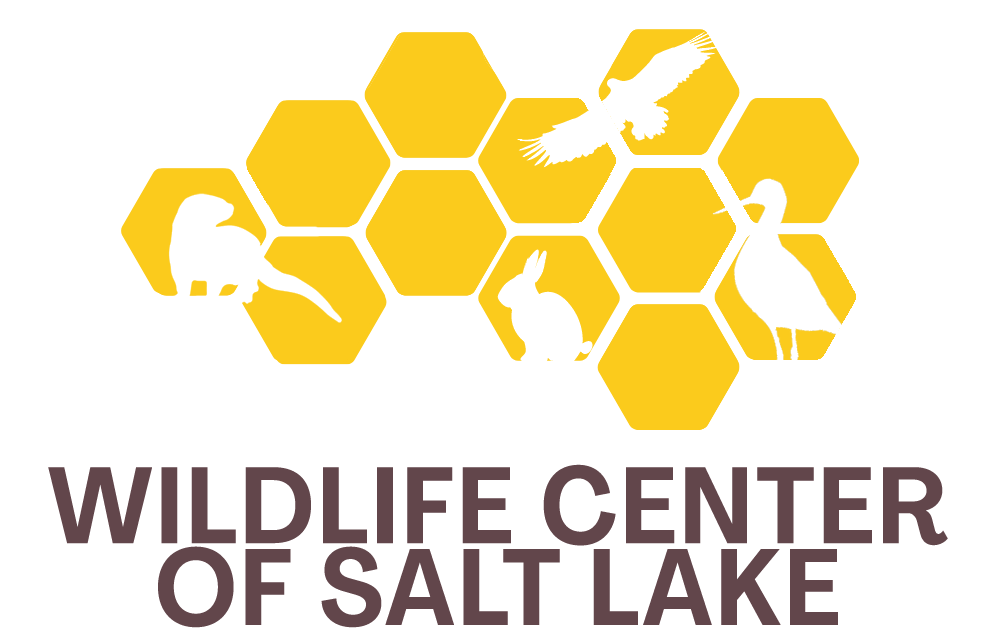
Wildlife Emergency
Squirrels & Chipmunks
Wildlife Emergency
Before taking any action please contact us at 801-800-1776. (Intake by appointment only - no walk-ins)
Baby Red squirrel (a type of tree squirrel), a native Utah species.
Help! I found a baby squirrel or chipmunk
Squirrel and chipmunk babies are usually found in the spring and summer, with some species having a narrow margin of time to release before they return to hibernation. Identification of age and species is an important and helpful tool to attempt reunification efforts.
We recommend securing the animal in a cardboard box or other solid-sided container with air holes. DO NOT hold, play with, or cuddle the animal. This habituates them to human care and reduces their chances of being reunited with their family and/or being released back to the wild. Most species of squirrels and chipmunks in Utah are protected by the Utah Division of Wildlife Resources and it is illegal to hold them for longer than 24 hours without the intention of bringing them into a permitted facility. We highly recommend minimal handling and (if possible) handling with protective gloves to reduce the risk of transmitting zoonotic diseases.
When you call the center (801-800-1776) we will ask you to send a photo so that we can identify the animal to ensure we are giving accurate advice.
We will ask if the animal is injured - if it is injured (blood present, limping, wounds, etc.) we recommend that they come into us for care (please call us 801-800-1776 or see after hours instructions). If the squirrel/chipmunk is not injured, our first recommendation will be to reunite the animal with it’s family. This is something you can get started on your own if it is before/after hours and the squirrel or chipmunk is not injured. There are some exceptions to this:
Try reunification if:
The animal is alert and/or vocalizing (vocalizing helps attract the maternal parent)
If the animal is a tree squirrel (Fox squirrel or Red squirrel) or chipmunk.
Call to make an intake appointment (do NOT try reunification) if:
The squirrel/chipmunk is lethargic and/or dehydrated
If this is a ground squirrel (Rock squirrel, Uinta ground squirrel, etc.)
You can see fleas/ectoparasites
You know the den or nest has been destroyed
You know/have witnessed the maternal parent is injured or dead
If there are multiple babies
Hypothermic (feels cold)
To reunite a baby tree squirrel with it’s family, look for signs of the maternal parent. She may be nearby chattering at you or running around. The maternal parent will be exhibiting stress and anxiety at the sight of a human with her offspring. If she is around, there is a good chance that a reunification may be successful. If you are able to identify the nest, place the baby in a cardboard box or other container that the baby cannot get out of but that the parent can get in/out of (usually a towel draped over the side can achieve this). Monitor intermittently for the parent to retrieve the offspring. We usually recommend at least 4 hours and consider reunification a failure if the parent does not return after 6 hours.
Congrats! You have reunited a gosling with it’s family. If the effort fails, please call us (801-800-1776) to make an appointment to bring the bird in to us for care.


